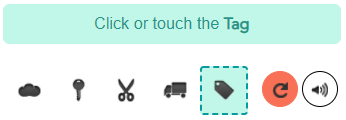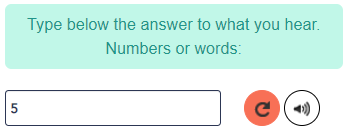What types of business insurance does a food vendor need?
These policies provide coverage for the most common risks food vendors face.
Business owner’s policy
This policy bundles property insurance and general liability insurance under one plan. It’s often one of the most economical options for a food vendor.
BEST FOR
-
Customer injuries
-
Damaged business property
-
Business interruption incidents
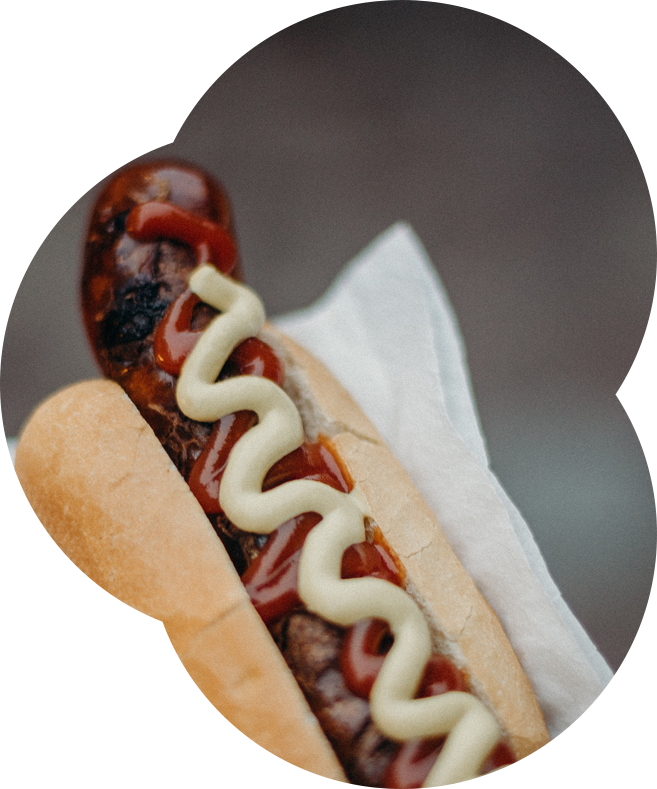
Workers’ compensation insurance
Workers’ comp is required in almost every state for food vendors with employees. It can help cover medical fees and lost wages for work-related injuries and illnesses.
BEST FOR
-
Employee medical expenses
-
Missed wages
-
Legal costs
General liability insurance
This policy covers common risks, including customer injuries and customer property damage at your concession stand. It’s often required for commercial lease
BEST FOR
-
Slip-and-fall accidents
-
Damaged customer property
-
Libel or slander lawsuits

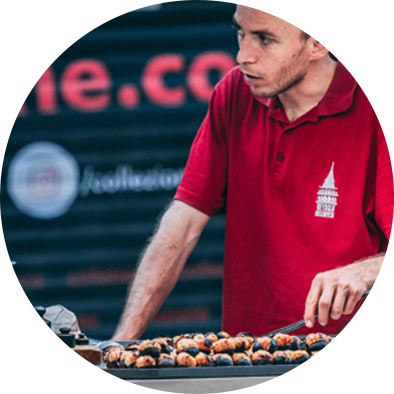
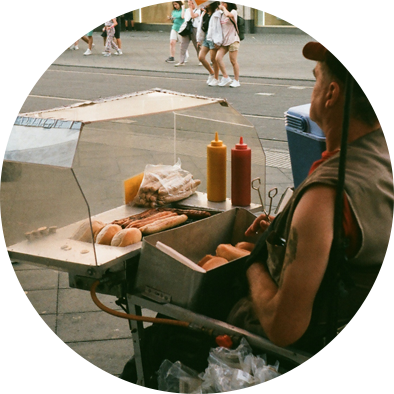
Commercial auto insurance
This policy covers vehicle damage caused by weather or vandalism, and third-party injuries and property damage caused by a food vendor’s company vehicle.
BEST FOR
-
Physical damage and collision coverage
-
Injuries caused to another person
-
Repairs due to vandalism or weather
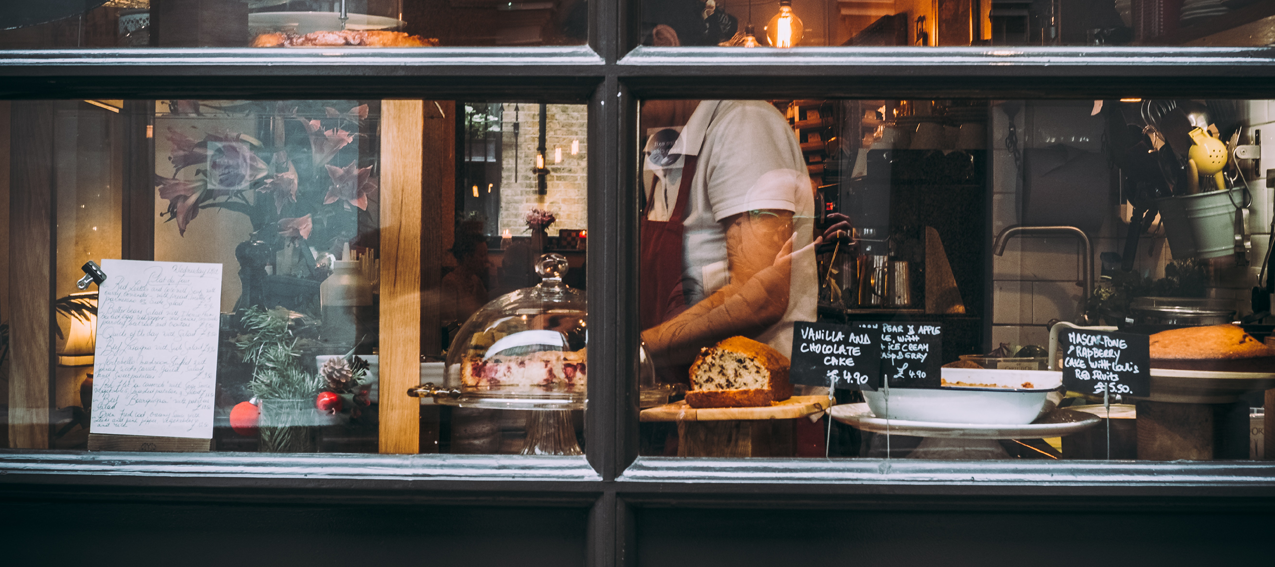
How much does insurance cost for food vendors?
-
Several factors will have an impact on insurance costs, including:
-
Food vendor equipment and property
-
Food and beverage services offered
-
Revenue
-
Location
-
Number of employees
Why do food vendors need insurance?
You might occupy a small space, but you still need workers’ compensation to protect your employees and general liability insurance in case a customer gets injured. The high cost of medical and legal bills makes insurance a worthwhile investment.
















